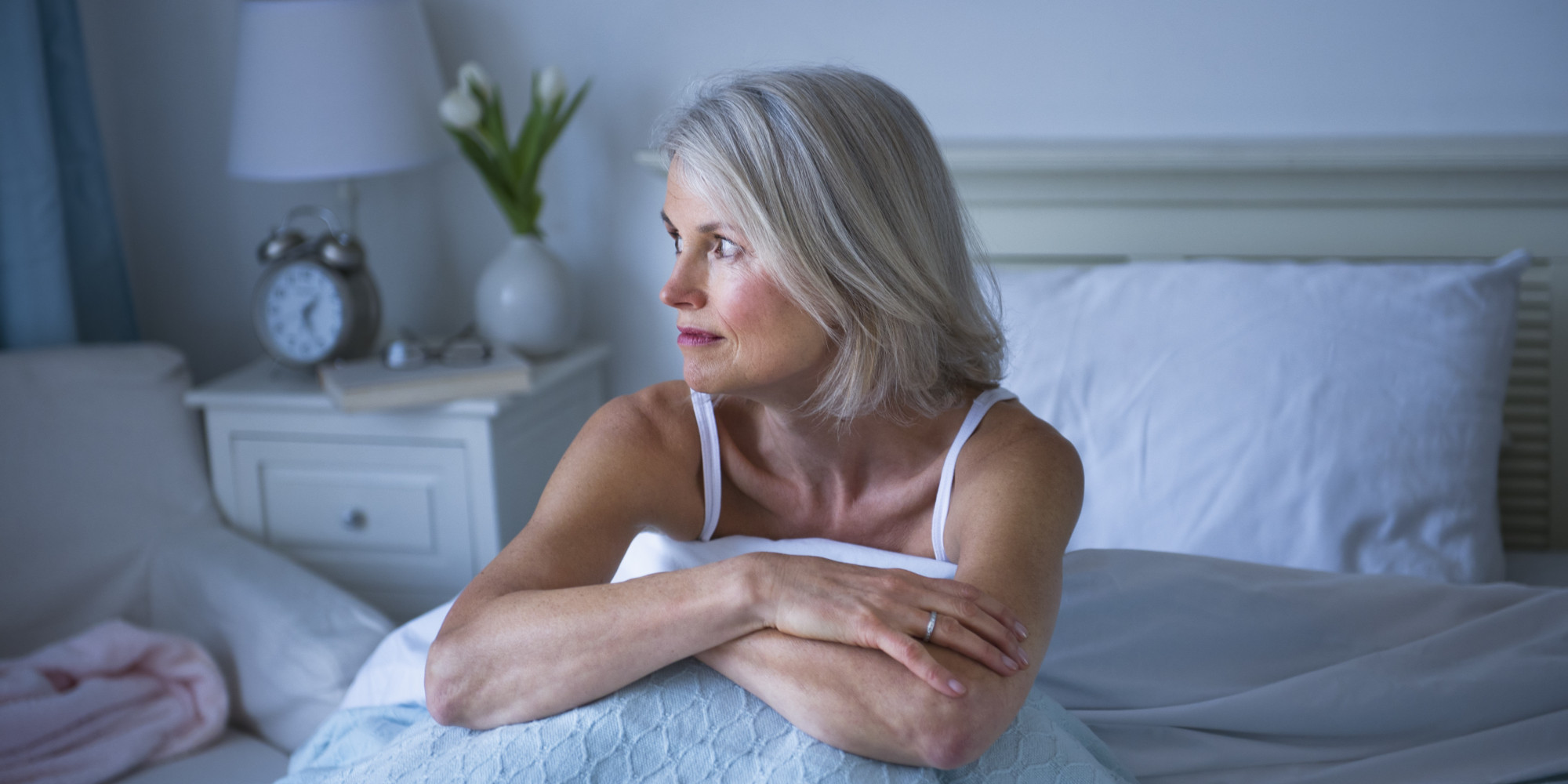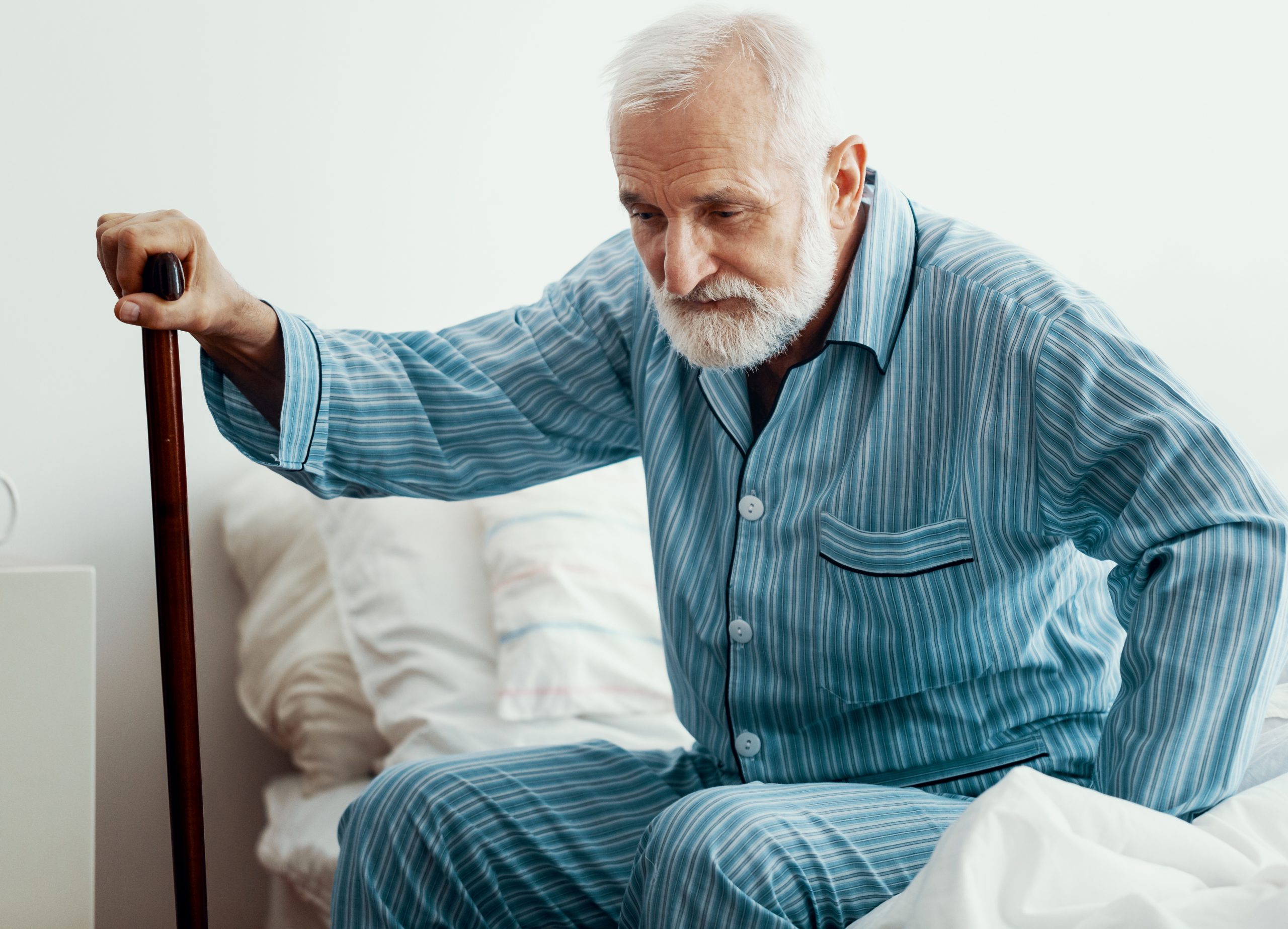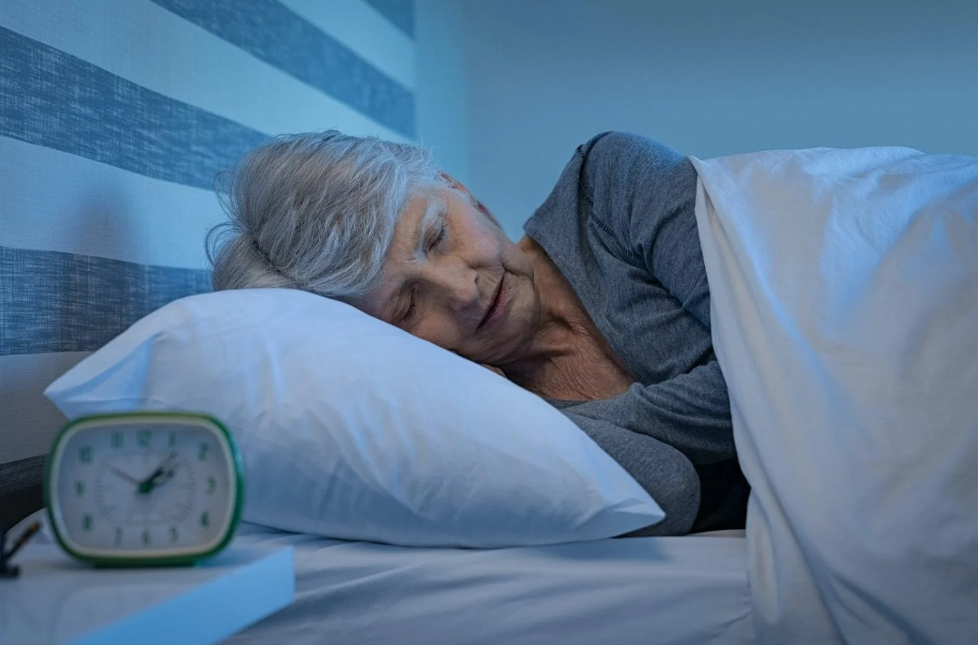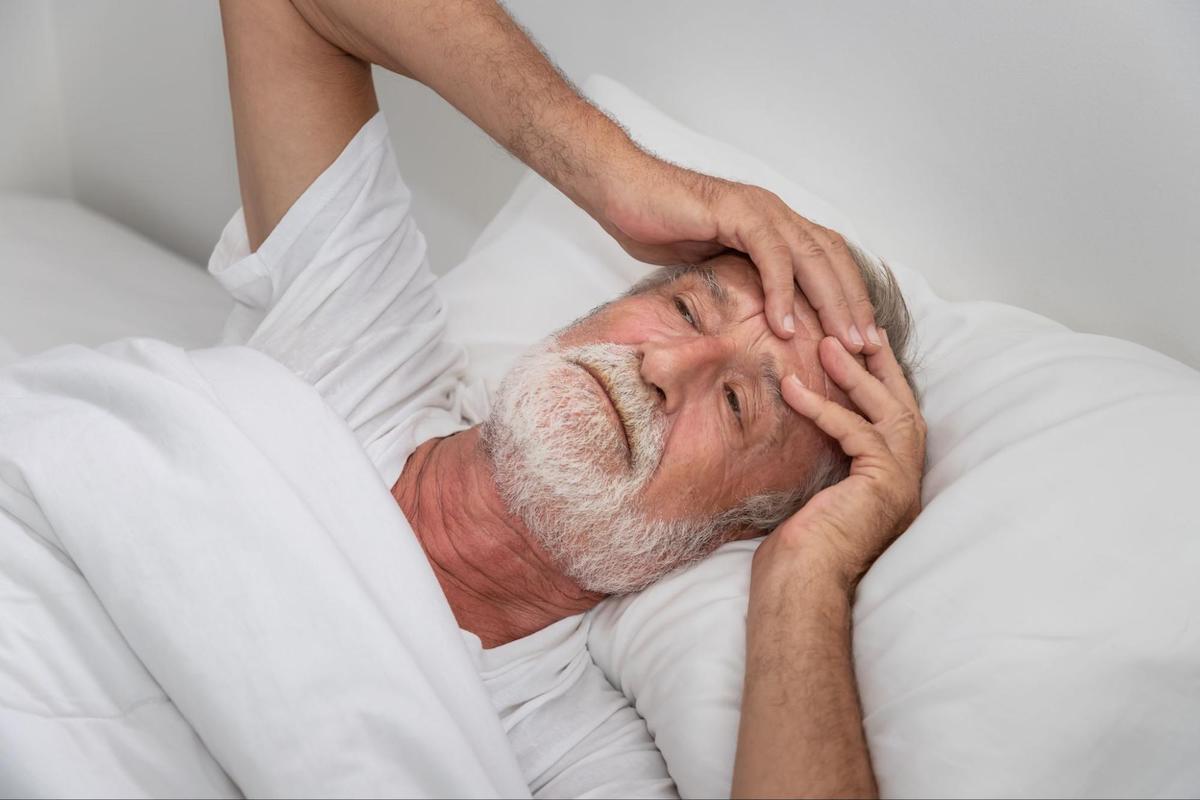The Surprising Dangers of Sleeping Less When You’re Older
Advertisements

Let’s face it: not all life changes that come with getting older are pleasant ones. In fact, most of us spend more time than we’d care to admit wishing we could return to our more youthful days.
However, one pleasant consequence of getting older is that you need less sleep each night. On paper, this is a good thing because it lets you squeeze more activities into any given day.
As it turns out, though, older people may not be getting as much sleep as their bodies really need. And this lack of sleep leads to some surprising dangers to your health and quality of life.
How much sleep do you really need, though, and what are the dangers of not getting enough sleep? Let’s find out!
The original study

These revelations about the sleeping patterns of older adults come from an article published in PLOS Medicine. The study focused on 8,000 U.K. civil servants who were over the age of 50 and had no chronic diseases. And the study lasted 25 years, with scientists carefully monitoring the condition of the civil servants.
Part of this monitoring included asking how much sleep everyone was getting. And this led to a very shocking conclusion: those who got less than five hours of sleep each night were at 30% higher risk for chronic illnesses compared to those getting at least seven hours of sleep. Those who are at least 70 years of age are at 40% greater risk for chronic illnesses!
What are these chronic diseases, though? The study monitored a number of different diseases, including arthritis, cancer, dementia, depression, liver disease, diabetes, mental disorders, stroke, heart failure, Parkinson’s, and more.
RELATED: 7 Fingernail Problems That Are Actually Serious Health Warnings
Correlation with another major study

It’s easy to dismiss the results of a single study, even when that study spanned a quarter of a century. Unfortunately, another recent study seems to corroborate some of these concerning findings related to sleep.
Recently, the CDC released the results of a different study. And this study found that older adults who don’t get at least seven hours of sleep at night are at higher risk of developing chronic diseases.
The exact “right” amount of sleep for older adults seems to differ from study to study. But one thing is for sure: not getting enough sleep each night may be putting you in some serious danger.
How getting older changes your sleep patterns

It’s an open secret that getting older causes you to need less sleep. But why, exactly, is this? As it turns out, the answer rests with your body’s internal clock.
According to the Sleep Foundation, what we think of as our body’s internal clock is actually our suprachiasmatic nucleus (SCN). The SCN controls your circadian rhythms that control many things, including when you feel awake and alert and when you feel tired and drowsy.
However, your SCN ages along with the rest of your body, and that means your internal clock changes over time. This by itself can cause you to wake up earlier and feel more alert than you used to. Additionally, older people who are retired may not get that much sunlight from day to day, and this can further throw off your circadian rhythm.
RELATED: 17 Cancer Warning Signs: See Your Doctor Immediately If You Have Any Of These
Other reasons you may not be getting enough sleep

Your changing SCN plays a major role in your changing sleeping habits. However, if you’re not getting enough sleep at night, there are a variety of different things that may be causing the problem.
Stress is a major factor in getting enough sleep. If you are worried about yourself, loved ones, or just the state of the world, it can be enough to keep you awake at night.
Caffeine plays a major role in keeping you away. Sometimes, simply drinking coffee, tea, or soda too close to your bedtime can keep you from getting enough sleep. Additionally, while some may think alcohol will help them sleep, even a basic nightcap may lead to a restless night of tossing and turning.
Speaking of tossing and turning all night, that can happen if you eat food shortly before laying down because you may develop heartburn or other unwanted conditions. And if you take any medicine on a regular basis (prescription or otherwise), the side effects may keep you from getting enough sleep.
For older people, exercise is particularly important if you want to stay both active and healthy. But if you exercise too soon before going to bed, things like racing adrenaline and an accelerated heartbeat can keep you from resting.
Finally, the simple act of watching TV or playing on your phone right before bedtime can affect your sleep. If you suspect this is the case, you can invest in special blue light blocking glasses that can filter out the kind of digital light that keeps you awake at night.
